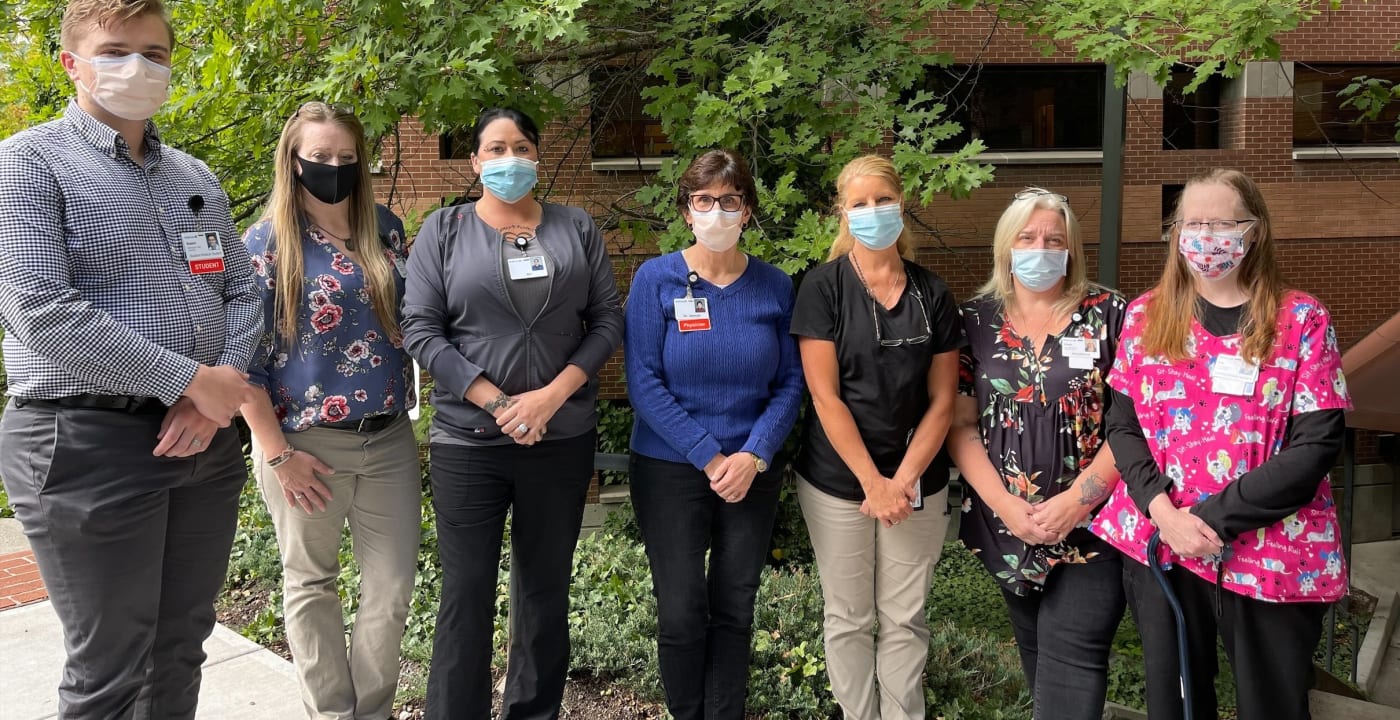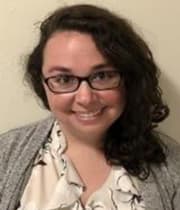MultiCare Healthy Behavior and Function Clinic removes barriers to opioid treatment

In Spokane County, opioid overdose hospitalizations have risen 2.5-fold since 2004. About four people pass away from opioid-related deaths per month.
Responding to this epidemic, the Healthy Behavior and Function Clinic, along with seven collaborating local agencies, have treated 1,911 patients with opioid use disorder (OUD) since July 2018. Services include treatment with medications, counseling, housing and employment referrals, motivational interviewing and nurse care management.
The clinic — part of MultiCare Rockwood Primary Care — is a designated Hub and Spoke (H&S) project in Spokane County.
According to the Washington State Health Care Authority, this model creates a coordinated, systemic response to the complex issues of opioid addiction among Medicaid and low-income populations, focusing specifically on medication for individuals with opioid use disorder.
At the Healthy Behavior and Function Clinic, the goal is to reduce or eliminate barriers to treatment and find ways to smoothly transition patients to needed services.
“For example, we never discharge patients for no-showing appointments or for ongoing drug use. Rather, we work with them to reduce harm,” says Lora Jasman, MD, FACP, FASAM, a doctor at the Healthy Behavior and Function Clinic. “We have created a daily ‘wait list’ of patients who call us needing to be seen and try to work these patients into our schedule the same day.”
As part of the H&S project, the clinic also has a nurse care manager and a care coordinator who offer a variety of services to patients, including connecting them to housing resources and providing bus passes.
Healing OUD patients and their families
Treating patients with OUD since 2007, Dr. Jasman has long been passionate about recovery work that helps entire families heal.
“This is a family disease. It affects the mother, the father, the brother, the sister, the children,” she shares. “Often, by the time people get to us, they’re estranged from their family because there’s just so much pain and turmoil. Seeing people get back on their feet, seeing them get better physically and emotionally and spiritually — and then they get their relationships back, and they get their kids back. It’s really healing the whole family.”
Witnessing the transformation in her patients and families fills Dr. Jasman with tremendous hope, and she encourages everyone she works with to remember that there’s hope in this disease.
“A lot of times, patients have no hope in themselves. The family members have no hope. But it’s remarkable how people can get better,” she says. “The road to recovery isn’t a straight line — it’s usually filled with ups and downs, but people can get to a point where they feel successful in their lives and their relationships. If we can view people as who they can be, it really helps in their recovery.”
You can give the gift of recovery during National Recovery Month with a donation to the MultiCare Behavioral Health Foundation.
“For every dollar that is spent on treatment, society saves at least $7 in other costs,” says Dr. Jasman. “This is a very wise way to invest in our future because a lot of these individuals who have a substance use disorder are young people. It’s also a wonderful way of making your dollar stretch, because we know that it saves lives, and it saves families.”




